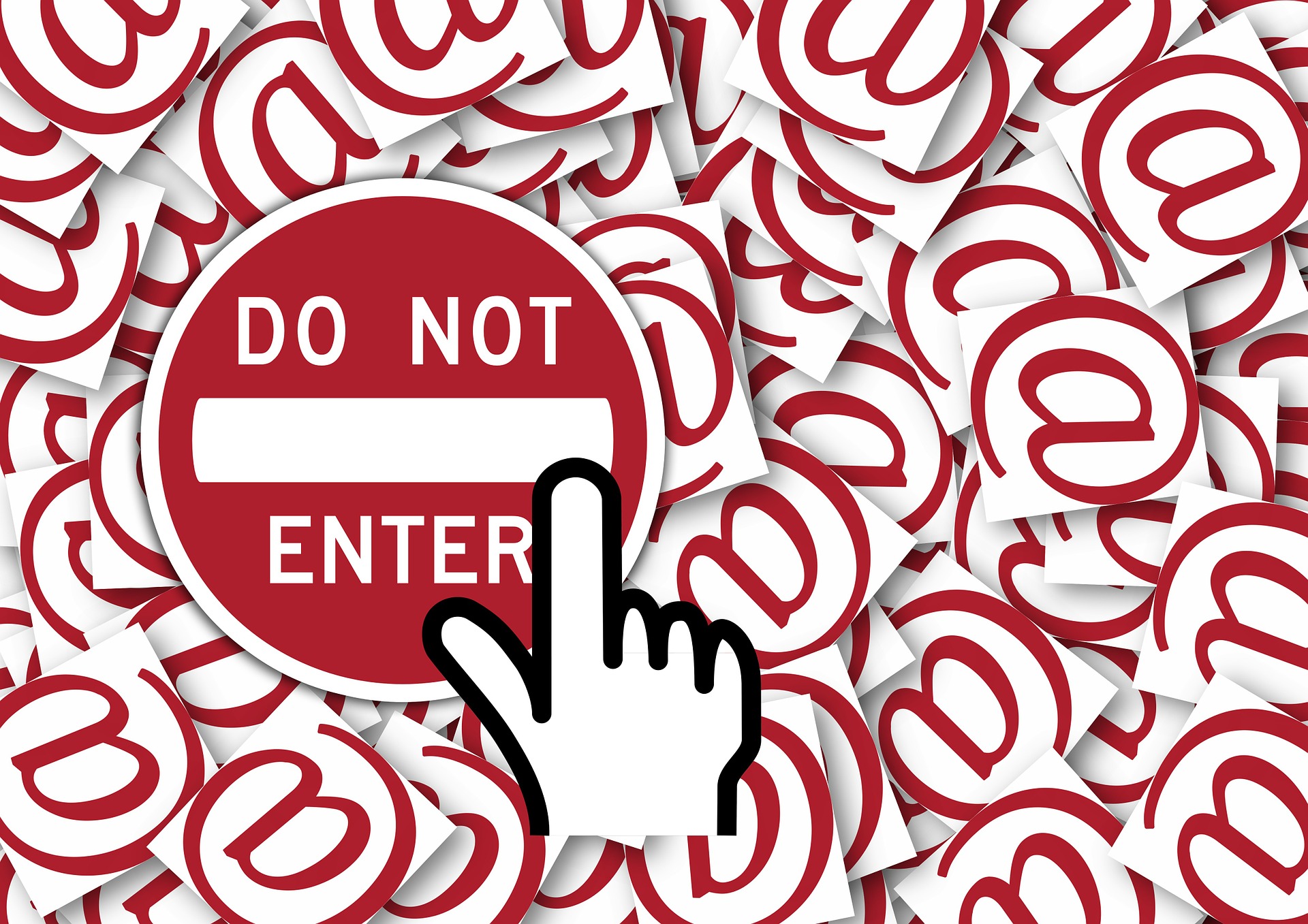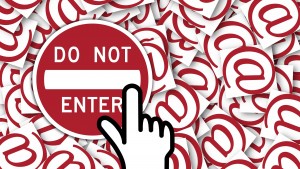 Email was the killer app that presaged the launch of the World Wide Web. The origins of email are broad, and date back to MIT’s Compatible Time-Sharing System (CTSS) in 1961. It really wasn’t an invention as much as a necessity that sprung from the early use of digital computers and the need to transmit simple messaging among users. Ray Tomlinson is usually credited with inventing email as we know it, way back in 1972, and his innovation of the @ symbol to denote a specific computer name changed the world in ways we can’t even begin to describe here. Many different host-based and LAN-based systems rose from the ashes of the early beginnings of ARPANET, and the development of POP and SMTP as email standards cemented email as the modern form of communication that would threaten the demise of snail mail and the land line.
Email was the killer app that presaged the launch of the World Wide Web. The origins of email are broad, and date back to MIT’s Compatible Time-Sharing System (CTSS) in 1961. It really wasn’t an invention as much as a necessity that sprung from the early use of digital computers and the need to transmit simple messaging among users. Ray Tomlinson is usually credited with inventing email as we know it, way back in 1972, and his innovation of the @ symbol to denote a specific computer name changed the world in ways we can’t even begin to describe here. Many different host-based and LAN-based systems rose from the ashes of the early beginnings of ARPANET, and the development of POP and SMTP as email standards cemented email as the modern form of communication that would threaten the demise of snail mail and the land line.
Generally, email became a ‘thing’ in the mid to late 1980s, but the real naissance of email can be found in the revolution of the WWW from 1991 onward; eventually Yahoo and Hotmail created easy to use interfaces for accessing and sending email, and the world hasn’t looked back. Remarkably, the format of a basic text-based email message hasn’t changed since the inception of SMTP, but of course we live in a world that demands pretty pictures, so ways were found to incorporate HTML into email.
Then there’s spam – the unwanted email, not the canned meat – which was added to the Oxford English Dictionary in 1998. It denoted a social revolution that threatened to make the immensely useful email immensely unusable. Sixteen years after the word became part of our lexicon, spam is every bit the social disease that it was in the mid-90’s, and more.
So has spam finally managed to kill email as a way of communicating with others? Well, the answer is more difficult than the question, but probably not. However, we are seeing some disturbing trends of late. One needs look no further than Canada and its anti-spam legislation (CASL), which went live on July 1st, 2014. If early reports are any indication, Canadians are using the tough new law to tell companies that they don’t want the spam anymore. It was predictable, but the numbers are a bit surprising as Canadian email users are just saying no to spam.
A recent study performed by Webtrends is providing some pretty sobering numbers concerning how spam is affecting users, and it’s not a stretch to say that the results can be extrapolated to users across the globe. According to the report, which was published September 4th, the average Brit has 260 unopened emails in their inbox, and that accounts for more than 14 billion unopened emails in the UK alone.
The research, “which canvassed 2,000 Britons aged 18 and over, found that 56 per cent of unopened emails are from brands that respondents had signed up to receive communications from, compared to 36 per cent genuine spam and 7 per cent from friends and family.”
The brand spam is driving Britons over the ledge, apparently. Webtrends reports that marketing spam is “the most annoying thing companies can do when it comes to their communications (worse than sending texts in the middle of the night), with 84 per cent of Brits saying irrelevant brand spam drives them mad.”
We’ve known for a while now that marketing spam in general is a royal pain. Marketing spam (or brand spam, as Webtrends calls it) is a major villain in the spam war, yet marketers just don’t seem to get that their tactics are causing potential customers to run, not walk, away from their particular form of nuisance. An email address is not a license to bug people, and users who innocently check that box asking for intermittent communications end up going bonkers at the sheer amount of crap that piles up in the inbox at the end of the day.
Consumers have to take some responsibility, though – that is, don’t check that box if you don’t want the mail. Webtrends’ John Fleming, says that consumers are “happy to sign up to receive updates from brands, but only bother to open the ones [they] find relevant. This means companies are wasting loads of money sending us things we just don’t care about – and in many cases it’s turning us off. 36 per cent of Brits unsubscribe from brand communications simply because what they receive isn’t personalised to be relevant to them.”
Webtrends suggests that the marketers get personal with their messages, but often that’s just not a realistic option. What is clear is that spam continues to make email – an immensely useful tool – a difficult tool.
